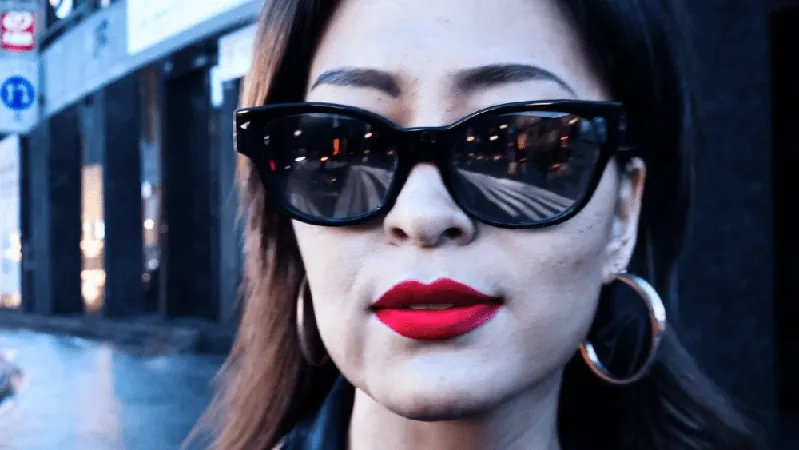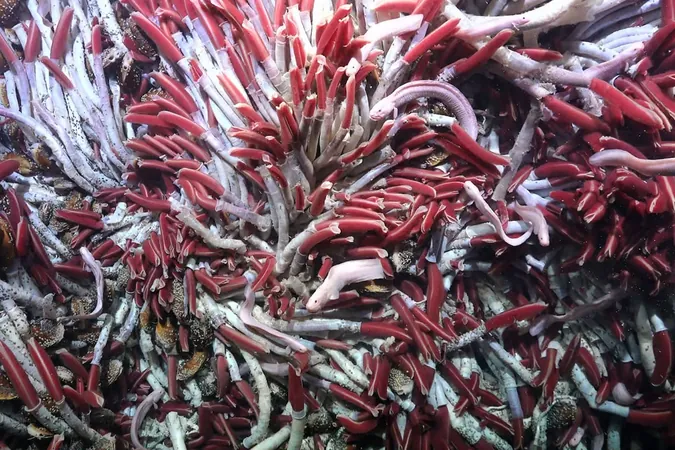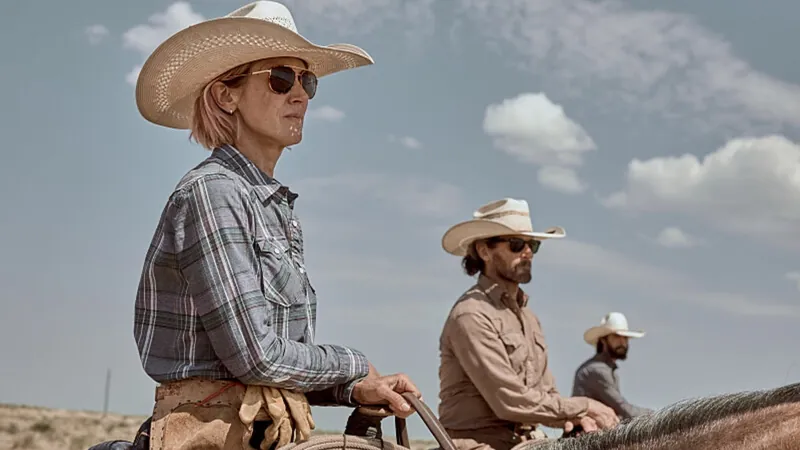
OpenAI Halts Access to Sora Amid Artist Protest Against Exploitation: ‘We Will Not Be Your Marketing Props’
2024-11-27
Author: Jia
Overview
In a dramatic twist, OpenAI has suspended access to Sora, its groundbreaking generative-AI video tool, just hours after a coalition of around 300 participating visual artists and filmmakers publicly protested against what they called an exploitative program.
These artists, invited to provide early feedback on Sora, instead released the tool for free use along with a scathing manifesto.
The Protest
The protest, which unfolded on Tuesday, resulted in OpenAI cutting off access to Sora only three hours after the artists shared their version online.
Their open letter addressed to “Corporate AI Overlords” stated, “We believe we are being lured into ‘art washing’ to promote Sora as an essential tool for artists, when in reality, we are being used.”
Concerns of Exploitation
The artists asserted, “ARTISTS ARE NOT YOUR UNPAID R&D,” listing the various roles they refuse to play, including unpaid bug testers and public relations pawns.
Their outcry reflects a broader concern about the ethics of AI development, especially how companies might leverage creative professionals for their technological advancements without fair compensation.
OpenAI's Response
Reacting to this backlash, OpenAI spokesperson Niko Felix emphasized that Sora remains in a research phase, and they are striving to balance creativity with safety measures.
He mentioned that contributions from artists were completely voluntary, despite the growing discontent that artists were giving free labor to a company with a valuation of $157 billion, particularly as they recently raised a whopping $6.6 billion in funding from major investors like Microsoft and Nvidia.
Frustrations from Artists
The artist group expressed their frustrations further, highlighting how their contributions, while substantial in shaping Sora's development, were offered with minimal compensation.
They noted, “While hundreds contribute for free, a select few will be chosen through a competition to showcase their creations, receiving only a fraction of the PR value that OpenAI garners.”
Artist Concerns about AI
Interestingly, many artists who signed the protest letter did not have access to Sora, and OpenAI clarified that not all signatories were part of the alpha testing program.
Yet, the artists maintained their stance, stating, “We do not oppose using AI as a tool in the arts. Our core concern is the rollout and structure of this artist program and the implications of the tool ahead of its public release.”
Past Engagements with Artists
OpenAI has previously funded various artistic endeavors, including the Tribeca Festival's Sora Shorts program, which commissioned five filmmakers to create original AI-driven shorts.
However, these initiatives seem to offer a stark contrast against the backdrop of the current protest, underscoring artists' desires for more meaningful engagement with AI technologies.
Industry Implications
The wider implications of tools like Sora are already reverberating through Hollywood; prominent figures like Tyler Perry have expressed long-term concerns over AI's role in creative industries.
Perry noted that he had halted an ambitious $800 million expansion of his Atlanta studios, citing emerging technologies like Sora as a key reason for this significant decision.
Competition in AI Content Generation
Additionally, as the competition heats up in the realm of AI-generated content, rival companies like Meta are developing similar technologies, such as their new Movie Gen tool, which is expected to roll out content on social media platforms by 2025.
The race toward integrating AI into creative fields is clearly underway, but whether it will benefit or undermine artistic integrity remains to be seen.
Conclusion
In summary, as artists rally against exploitation in AI development, the future of platforms like Sora will hinge not just on technological sophistication, but on the ethical treatment and compensation of the creative minds behind the content.
The call for transparency and fair practices will likely resonate long beyond this protest, influencing how AI tools will be perceived in artistic circles.


 Brasil (PT)
Brasil (PT)
 Canada (EN)
Canada (EN)
 Chile (ES)
Chile (ES)
 España (ES)
España (ES)
 France (FR)
France (FR)
 Hong Kong (EN)
Hong Kong (EN)
 Italia (IT)
Italia (IT)
 日本 (JA)
日本 (JA)
 Magyarország (HU)
Magyarország (HU)
 Norge (NO)
Norge (NO)
 Polska (PL)
Polska (PL)
 Schweiz (DE)
Schweiz (DE)
 Singapore (EN)
Singapore (EN)
 Sverige (SV)
Sverige (SV)
 Suomi (FI)
Suomi (FI)
 Türkiye (TR)
Türkiye (TR)